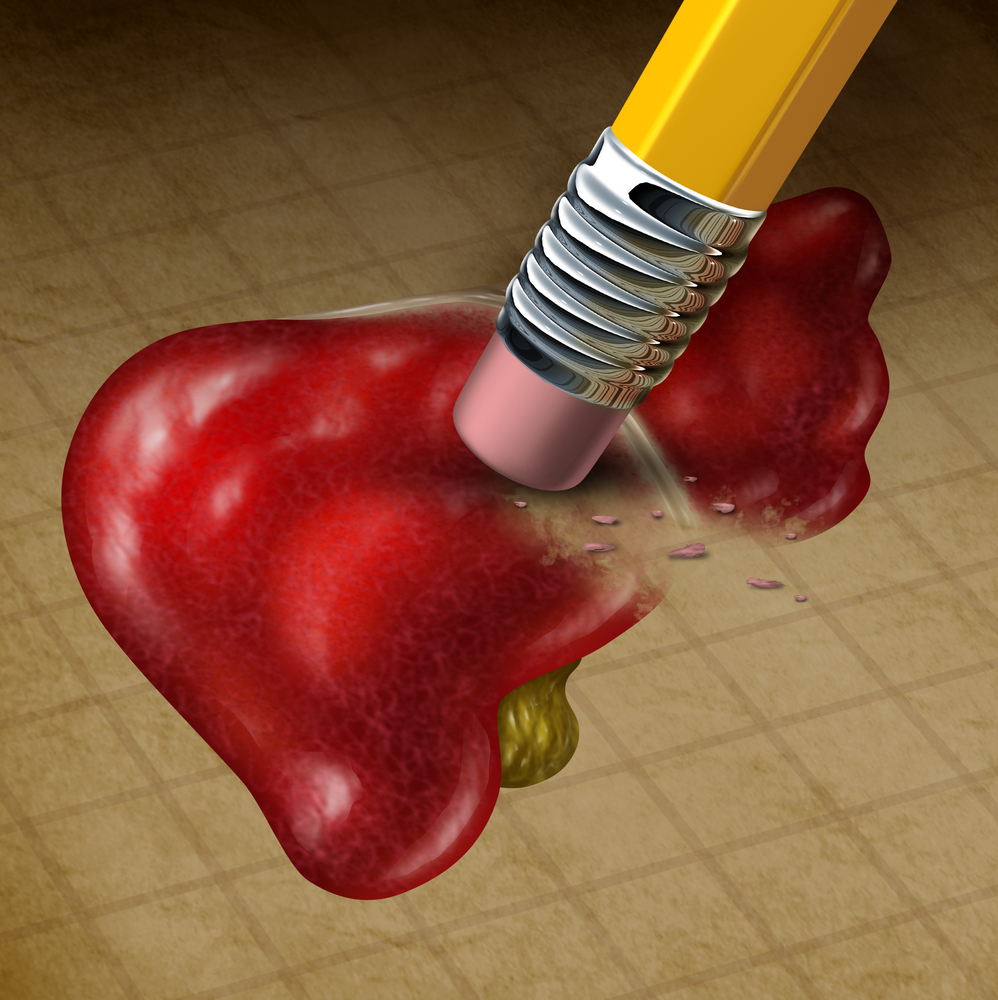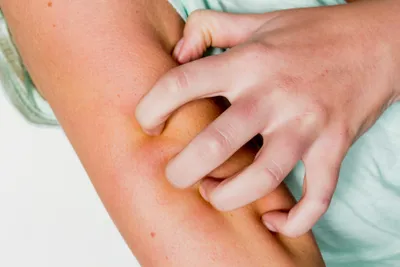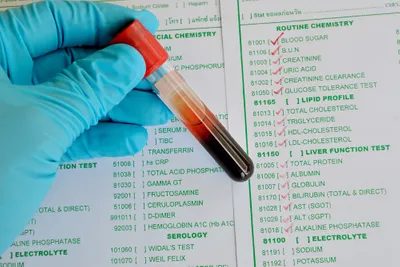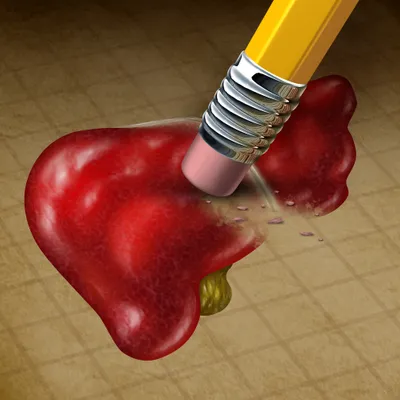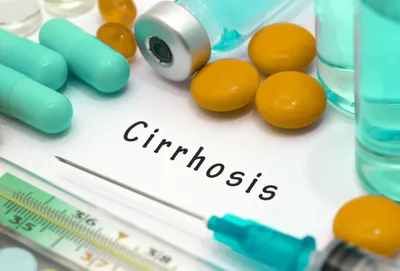Bile is a essential bodily fluid, it travels from the liver via the bile ducts to the small intestine to aid in the digestion of fatty vitamins and fats. However, in patients with Primary Biliary Cholangitis (or PBC), the mode of transport for this digestive liquid, the bile ducts, become chronically inflamed and gradually break down, so that bile stays in the liver where it can scar and damage liver cells and lead to fatal liver disfunction and cirrhosis of the liver.
Let’s examine the causes, signs and symptoms, treatment options, and life expectancy for Primary Biliary Cholangitis…
1. Primary Biliary Cholangitis Causes and Risk Factors
Research from the American Liver Foundation notes that females make up 90-percent of the patients diagnosed with Primary Biliary Cholangitis. The age range of typical diagnosis is usually between 35- and 60-years of age.
However, medical professionals are unsure the exact cause of PBC, they suspect it may result from immune system issues. While Primary Biliary Cholangitis is not considered a hereditary condition, doctors do find that this decease is prevalent in families, siblings in particular, where one member has already been diagnosed.
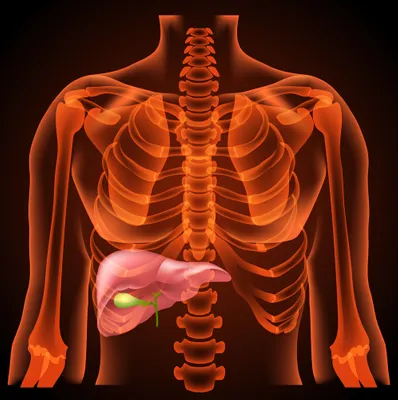
2. Primary Biliary Cholangitis Symptoms
Symptoms (or complete lack of) crop up differently among PBC patients in the early stages. However, if warning signs do present, the most frequent symptoms include fluid retention in the stomach and ankles, unexplained fatigue, pruritus or extremely itchy skin (on the back, legs, and arms), jaundice, and dark skin that develops in fatty deposits surrounding the eyes.
As Primary Biliary Cholangitis worsens, jaundice will often intensify with liver damage and gallstones and renal stones may occur. Bone issues can develop in later stages as bones become fragile, soften, and develop into Arthritis. PBC may also cause glandular issues, striking the thyroid, salivary glands, and tear ducts, leading to dry eyes and mouth.
3. Diagnosing Primary Biliary Cholangitis
As mentioned, symptoms of PBC can differ greatly between patients, and in many cases no symptoms may be present in the early stages of the disease. If no symptoms occur, a doctor may only discover the presence of Primary Biliary Cholangitis in a routine liver blood test that displays abnormal results.
Once a patient presents abnormal liver blood test results, follow up blood work is usually done to test for antimitochondrial antibodies (or AMA) in the patient’s blood. If AMA antibodies are present, a doctor will typically follow up with an ultrasound and liver biopsy to test a sample of the patient’s liver tissue for PBC.
4. Primary Biliary Cholangitis Life Expectancy
Primary Biliary Cholangitis is a chronic disease that can take 10- to 15-years to fully damage the liver (i.e., develop cirrhosis). However, many PBC patients don’t present symptoms for many years after they show abnormal blood liver test results.
In fact, the American Liver Foundation notes that patients with normal liver tests on treatment can have a healthy life expectancy, and that no fatal issues may occur, unless PBC progresses and liver damage or cirrhosis develops.
5. Primary Biliary Cholangitis Treatment Options
Prescription medications used to treat PBC can include those to both improve liver damage as well as alleviate PCB symptoms (i.e., pruritus). Typically, medical doctors prescribe urseodeoxycholic acid (or ursodiol), which is a natrually-present bile acid that can boost liver function and postpone any need for a liver transplant.
PBC patients take urseodeoxycholic acid daily, typically without any adverse side effects. In addition to daily ursodiol drugs, your doctor may recommend a series of healthy lifestyle changes (i.e., diet, exercise, etc.) to delay the need for a liver transplant.
6. Recommended Lifestyle Changes for PBC Patients
As mentioned in the previous treatment option slide, PBC patients are often given a list of lifestyle changes to help promote better liver function, soothe associated PBC symptoms, and delay the need for a liver transplant.
For instance, your doctor may recommend using artificial tears to help soothe dry eyes, exercise to reduce stress and anxiety, and increased water consumption to aid liver function and itchy skin. Most PBC patients follow a reduced-sodium diet with no consumption of alcohol, as well as vitamin D and calcium supplementation to aid bone and skin health.
